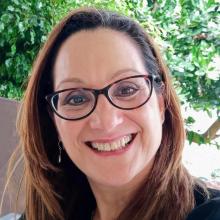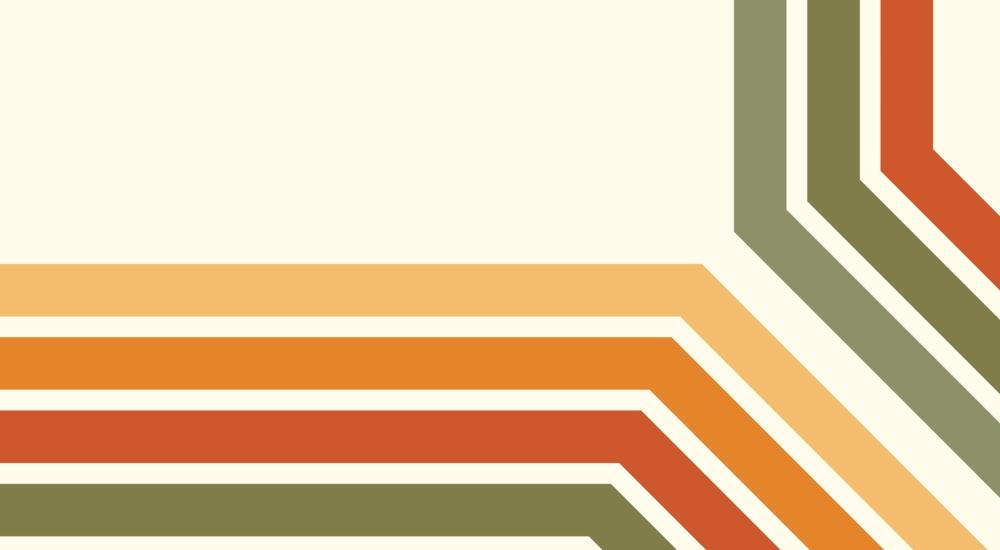Bound by Our Shared Values

As NAFSA celebrates its 75th anniversary, I think back to when I started in the field of international education. I was formally introduced to the field in 2013, when I became principal designated school official (PDSO), and shortly after alternate responsible officer (ARO), for the University of Puerto Rico-Mayagüez campus (UPR). My colleague and dear friend Luis Irizarry, dean of international relations at the UPR-Rio Piedras campus, told me: “If you are going to be working in this field, you must join NAFSA. That’s where you will learn everything you need to know.”
Those words were so true and continue to be so today. I joined NAFSA and took a beginner H-1B workshop. My first thought at the time was: “What have I gotten myself into?” I felt it was risky business for someone who knew nothing about immigration affairs, visas, international students and scholars, and so much more. Intense as it was, at that early stage, I quickly got the hang of things and developed the skills I needed.
I also got to meet some of the most amazing people in international education and truly enjoyed the learning process. I belong to NAFSA Region VII and soon became Puerto Rico state representative. I was part of the Region VII leadership team for six years. To this day, I have made attending and participating in NAFSA’s yearly regional and annual conferences part of my job and continuing education.
The Values We Share
My incursion into international education did not necessarily start when I joined NAFSA. As a professor of French and Francophone literature and a student of French for many years, I have always upheld the core values we share in international education. Studying a foreign language gave me the opportunity to understand differences between peoples and cultures and also prompted me to keep an open mind toward those differences.
I also learned very early on how many similarities I could see among diverse cultures and peoples. This also allowed me to appreciate and learn more about my own culture, language, and country—Puerto Rico—as I navigated with great curiosity a new language, culture, and people. Looking back, I feel like I had started exploring and experiencing within the realm of international education even as an undergraduate student.
A Path of Risk and Reward
Among the many risks I have taken, maybe the first one was deciding to major in French as an undergraduate student. What would I do with that knowledge? Where would it take me personally and professionally? In the beginning, these were unanswered questions. As time went by, I realized how much I loved to teach. As a graduate teaching assistant at Syracuse University, I encountered this love of teaching and being with students. I went on to the French PhD program at the City University of New York (CUNY) Graduate Center in New York City, and eventually I returned to Puerto Rico as a professor of French.
On the way, I had wonderful professors and mentors. I must mention Francesca Canadé Sautman, my doctoral dissertation adviser, who stuck with me through thick and thin, literally. My mother and older sister both passed away in a four-year period. I was working on my dissertation, and if it had not been for the empathy, compassion, and understanding I found in Francesca, I would have never pulled through. I am eternally grateful to Francesca for giving me her support and showing me what pure compassion, understanding, and empathy really are. These are essential values that we hone as educators.
That inexhaustible generosity of sharing knowledge and know-how that I have encountered year after year in so many seasoned professionals in the field is a practice that I have made my own.
Now, I have been in the field of international education for 10 years, and I can say without a doubt that I continue growing and learning. One of the most impactful lessons I have learned in NAFSA throughout these years is that sharing what we learn and know with others generates more knowledge and a deep sense of camaraderie. That inexhaustible generosity of sharing knowledge and know-how that I have encountered year after year in so many seasoned professionals in the field is a practice that I have made my own. Today, I combine my teaching with student and scholar services. As a newcomer to the field in 2013, I learned the value of networking at the NAFSA regional and annual conferences.
My Hopes for the Next Generation
Since I became a member of NAFSA I have greatly enjoyed learning from others and also passing on that knowledge—sprinkled with generosity, caring and, camaraderie—to the newer generations. What I hope for newcomers to the field is that they also find value and strength in compassion, empathy, and humility as they work with others and as we all continue to welcome international students and scholars to our universities. I learned very early on to say, “I don’t know,” when I don’t know something, and, “We can find the answers together.” This invariably opens the door to learning and sharing. It helps us build stronger ties with others and create a profounder sense of community as we walk down our paths and grow together.
We cannot lose hope in humanity, even when it gets really tough out there.
Despite current upheaval, wars, hate crimes, and violence in the world, I refuse to give up hope of a better today and tomorrow. We must promote and demonstrate the humbleness needed to defeat inequality and bigotry. I hope that those entering the field today embrace that profound sense of caring and commit themselves to creating a better world, one step at a time. We cannot lose hope in humanity, even when it gets really tough out there. I continue to hope for a better today and tomorrow. •
Frances J. Santiago Torres, PhD, is coordinator of immigration affairs at the University of Puerto Rico-Mayagüez campus.
About International Educator
International Educator is NAFSA’s flagship publication and has been published continually since 1990. As a record of the association and the field of international education, IE includes articles on a variety of topics, trends, and issues facing NAFSA members and their work.
From in-depth features to interviews with thought leaders and columns tailored to NAFSA’s knowledge communities, IE provides must-read context and analysis to those working around the globe to advance international education and exchange.
About NAFSA
NAFSA: Association of International Educators is the world's largest nonprofit association dedicated to international education and exchange. NAFSA serves the needs of more than 10,000 members and international educators worldwide at more than 3,500 institutions, in over 150 countries.
NAFSA membership provides you with unmatched access to best-in-class programs, critical updates, and resources to professionalize your practice. Members gain unrivaled opportunities to partner with experienced international education leaders.















